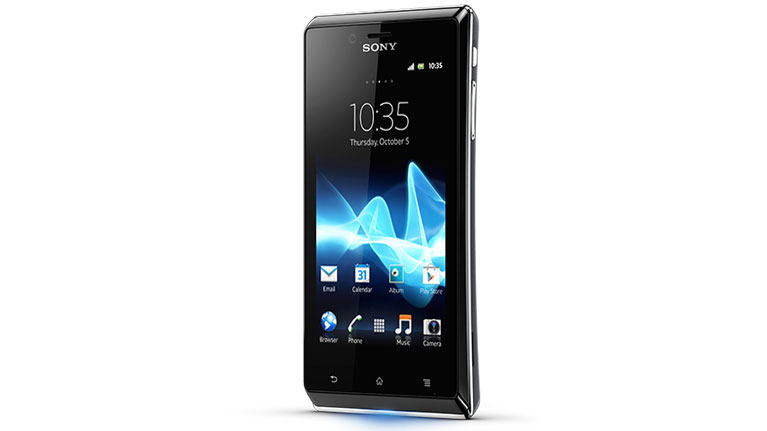TechRadar Verdict
Pros
- +
Nice design
- +
Good battery life
- +
Decent price
Cons
- -
Very laggy
- -
Poor camera
- -
Awful keyboard
Why you can trust TechRadar
The Sony Xperia J is the smaller and cheaper brother to James Bond's Xperia T, but don't expect to find this handset mingling with scantily clad women - the Xperia J is far more reserved, less flamboyant, happier to stay out of the limelight and just get on with life without frenzied car chases through the French Riviera.
There's a less flamboyant price as well, with the Sony Xperia J setting you back a manageable £170(around $275/AU$265) SIM-free, or you can have it for free on contracts starting at as little as £10.50 per month on a two year deal.
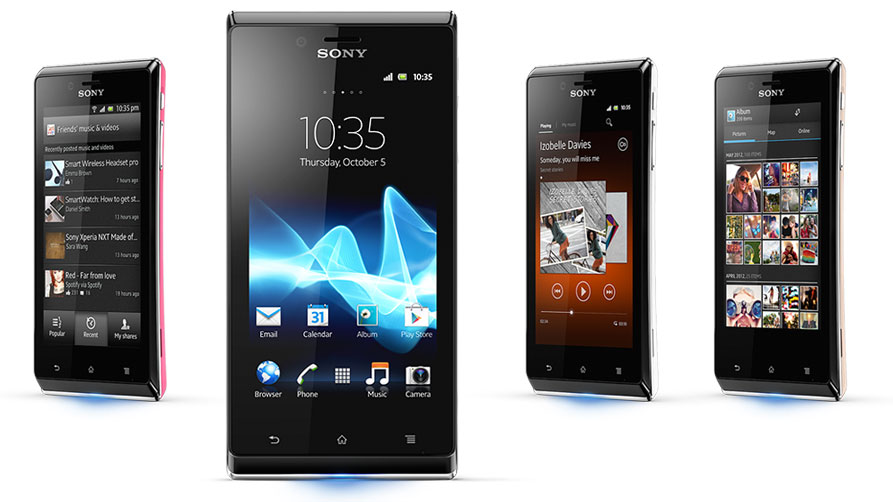
With that price the Xperia J is left fighting against the Orange San Diego, HTC Desire C, BlackBerry Curve 9320 and the slightly cheaper Sony Xperia Miro.
Looks wise the Sony Xperia J is very similar to the Xperia T, with both handsets taking design cues from the popular Sony Ericsson Xperia Arc and Xperia Arc S.
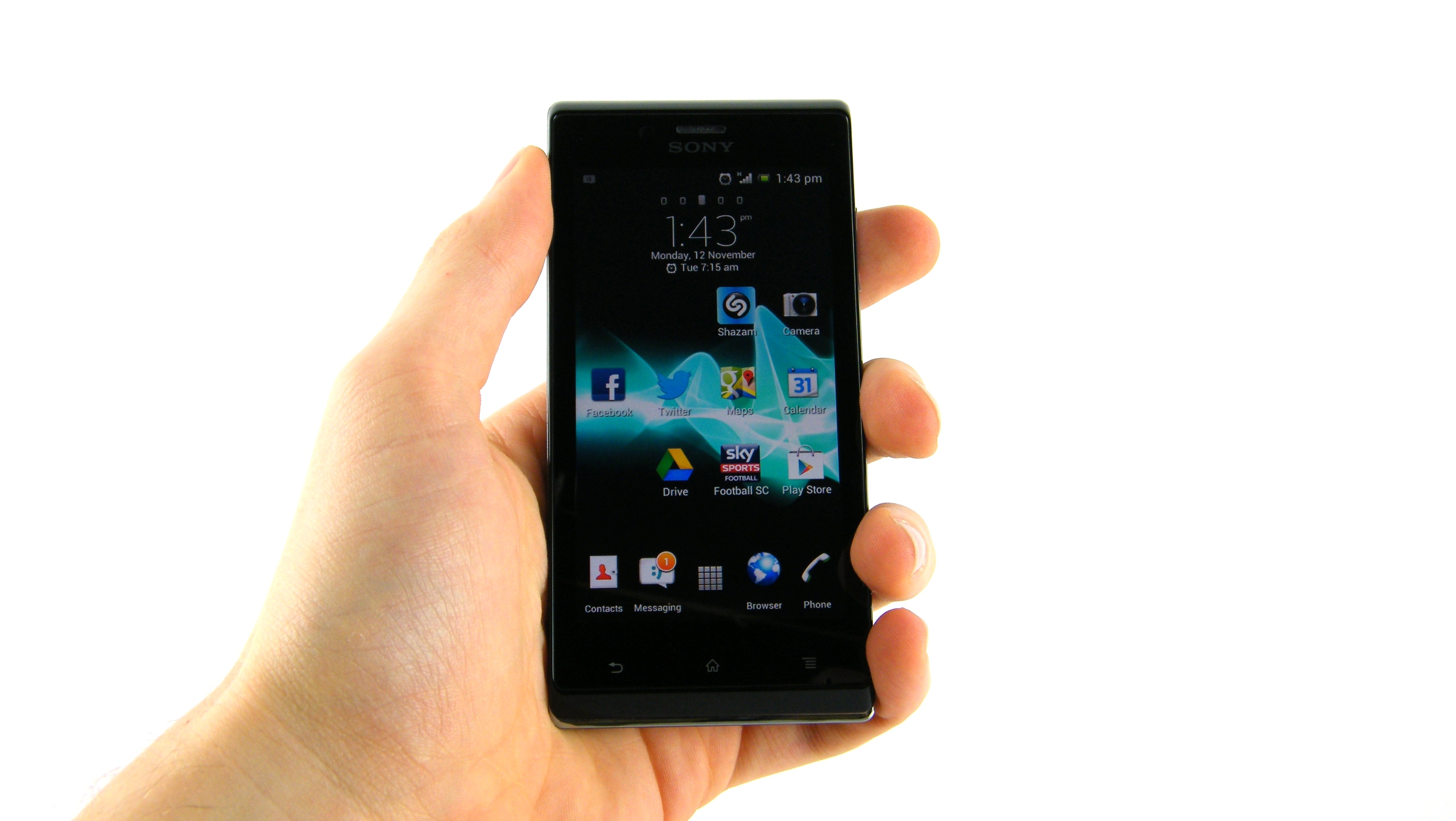
The iconic arched back of the Xperia J is the strongest nod to the past Sony Ericsson handsets, and provides a unique design which we found pleasing to the eye.
This also means that the Sony Xperia J sits nicely in the palm, and at 124g we reckon it's pretty spot on in terms of weight, with a perfect balance in the hand and its slender 124.3 x 61.2 x 9.2 mm chassis is certainly not overbearing.
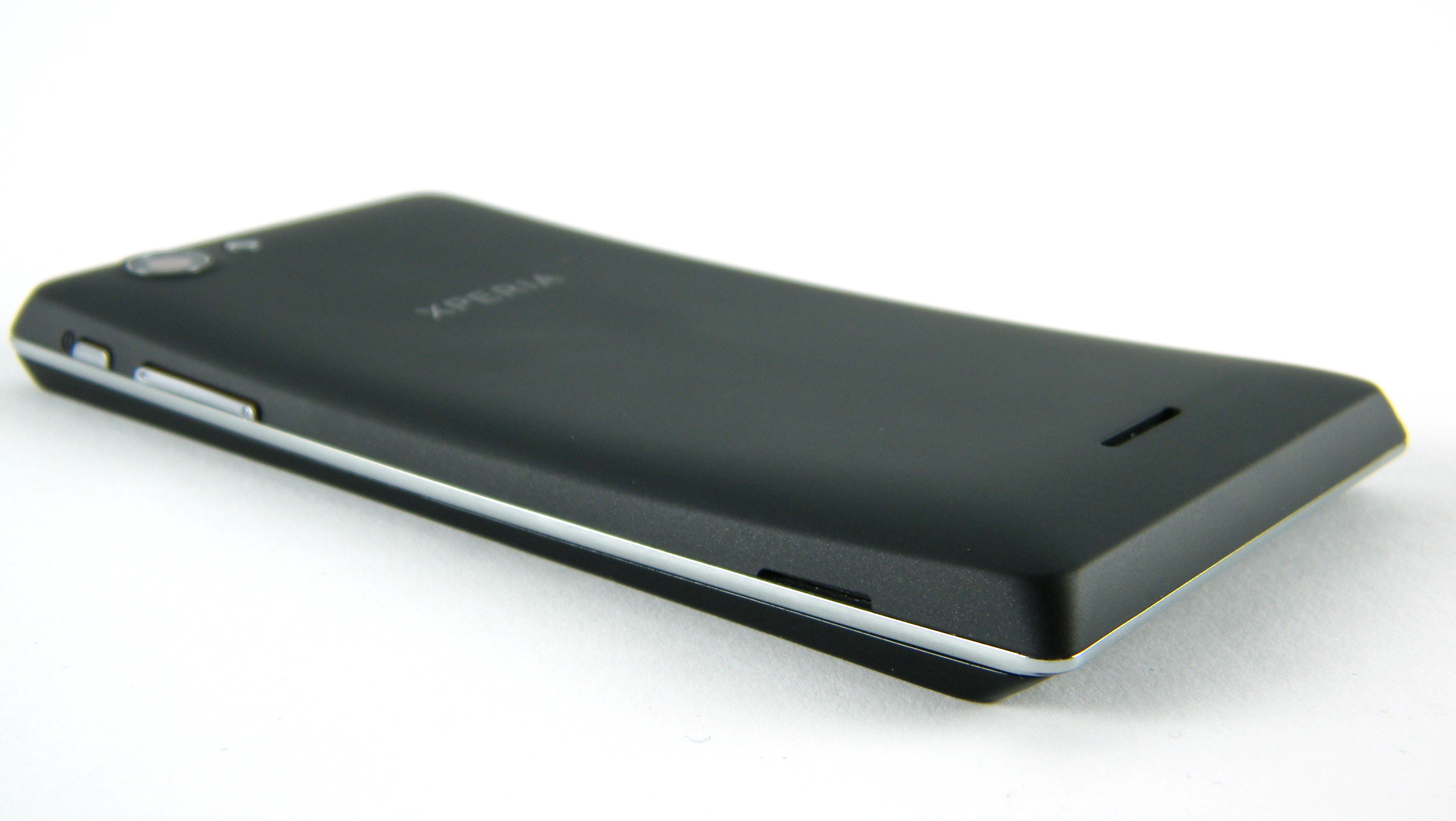
It's a sturdy handset, with a good build quality, and while the rear plastic case is a little on the thin side, it's easy enough to remove, unlike the one found on the Nokia Lumia 820.
On the front you're greeted by a 4-inch display which is relatively bright, but at 480x854 isn't too sharp, especially when you consider the San Diego has a 600x1024 offering.
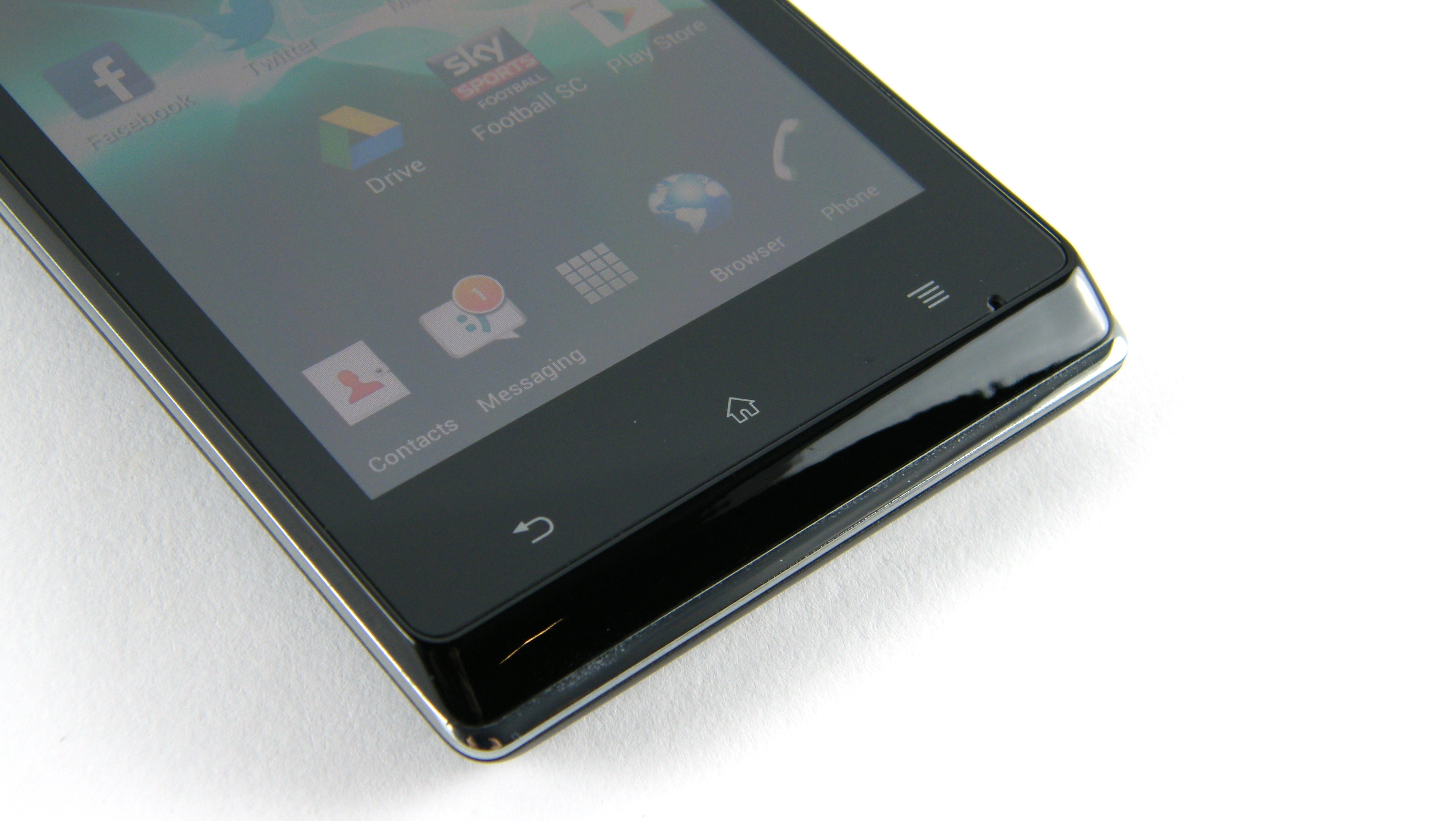
That's not to say it's a poor screen and it's now been updated to Android 4.1, which brings battery savings, a new quick settings bar and Sony Select, a (boring) recommender of apps and games - stay tuned for our updated review. With a single-core 1GHz processor and 512MB running the show it manages to really work well too - for the most part.
Below the display is a bezel housing back, home and menu keys, with Sony not opting for on-screen controls, nor replacing the menu button with the multi-tasking function Google recommends.
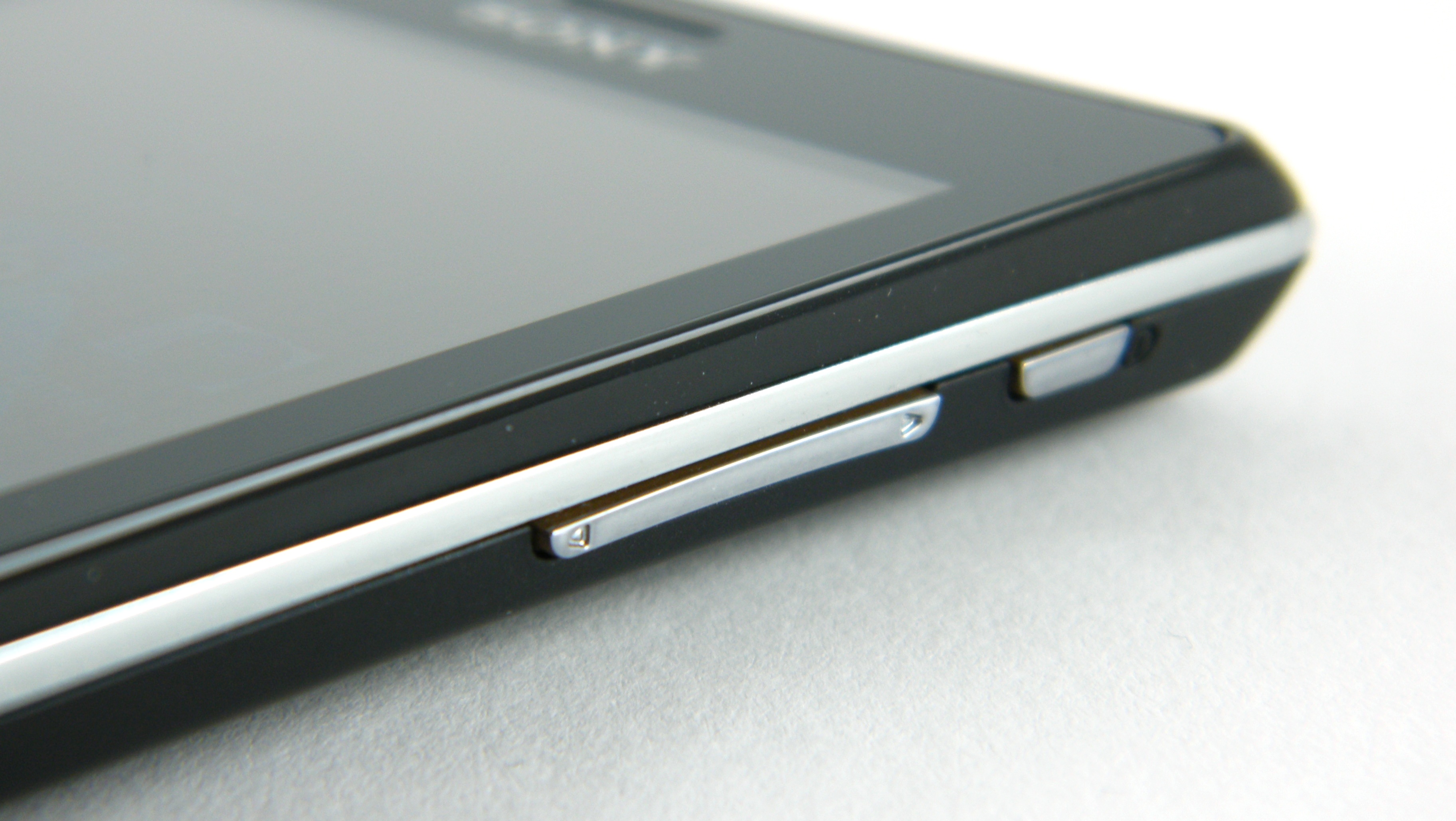
There's also a front facing, VGA camera above the display while on the left there's a microUSB port for charging and connecting the Xperia J to a computer.
It's not a location we're fond of, as a charging port at the base of a handset makes it much easier to use when plugged in.
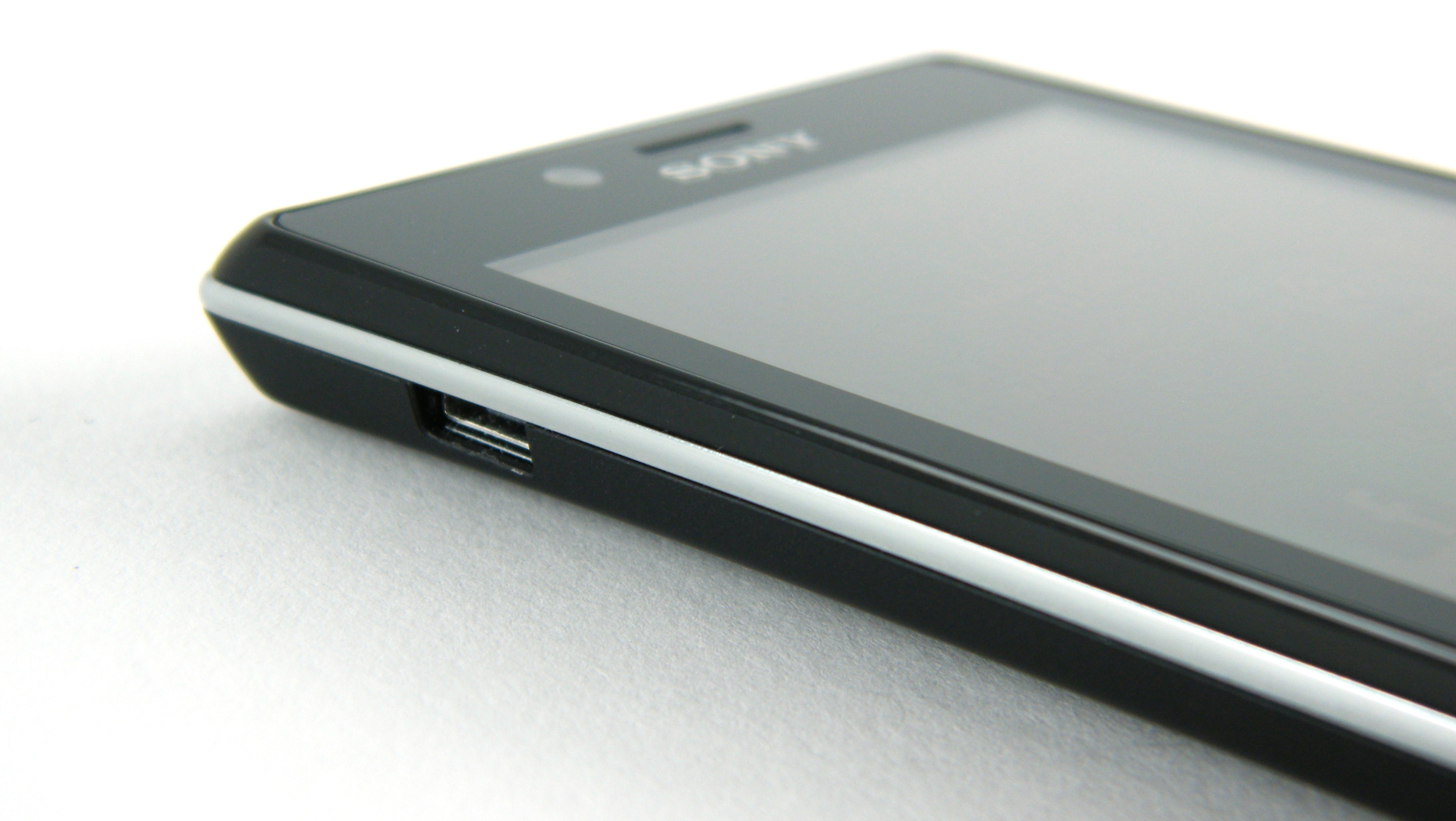
On the right there's a power/lock key at the top, with a volume rocker switch below. We found the power/lock key too small and difficult to press, making it a chore to do the simple task of locking the Xperia J, or waking the screen.
Up top there's just a centralised 3.5mm jack, which according to Nokia and its Lumia 920 makes it easier to slip a phone into your pocket when headphones are plugged in.
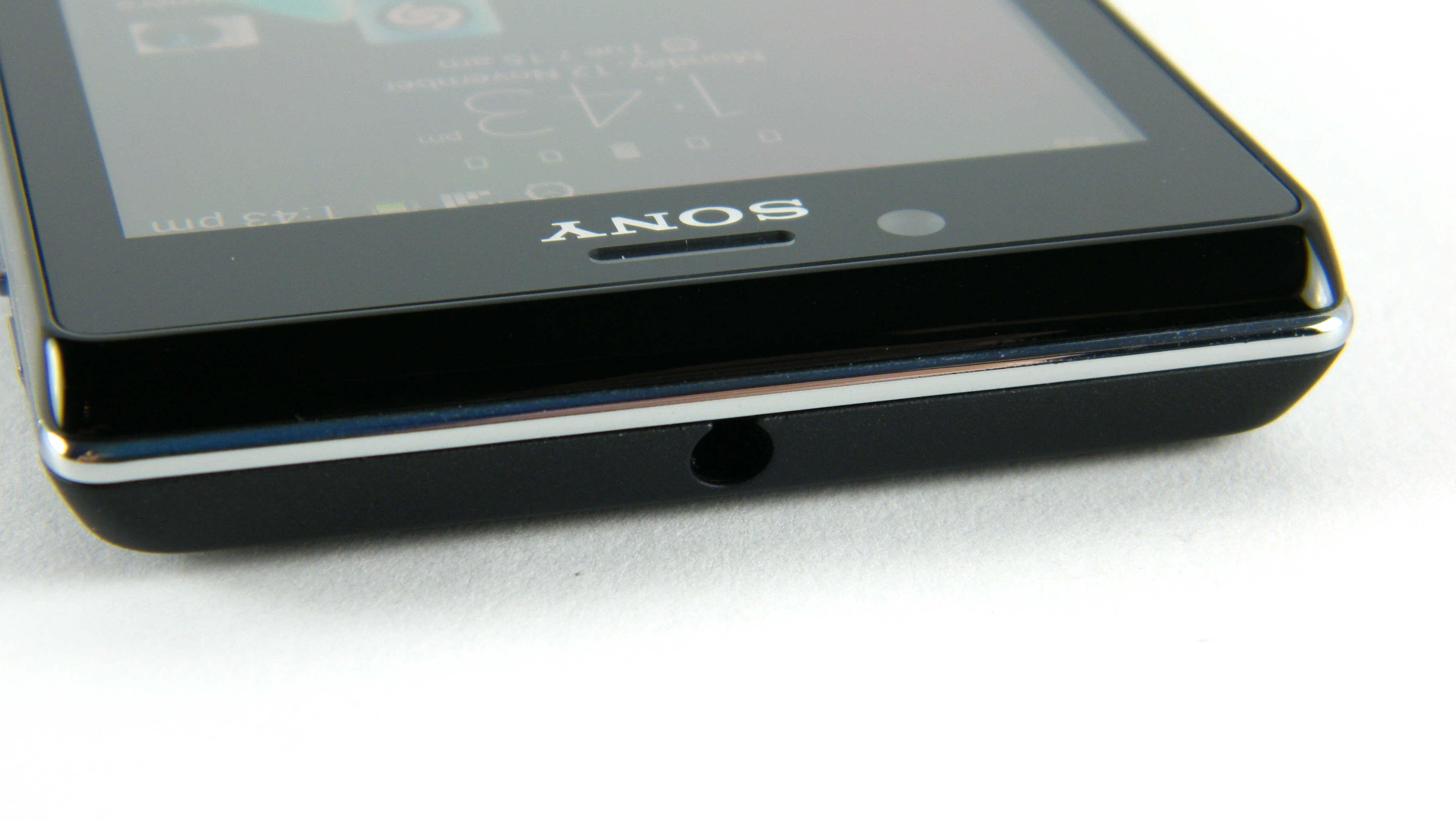
Round the back of the Xperia J, the curved rear cover sports a slightly rubberised finish, and while it's not quite as grippy as the Desire C, we didn't feel like we were prone to dropping the handset.
You get a 5MP rear camera flanked by a single LED flash in the top left corner, while at the base there's a speaker grill.
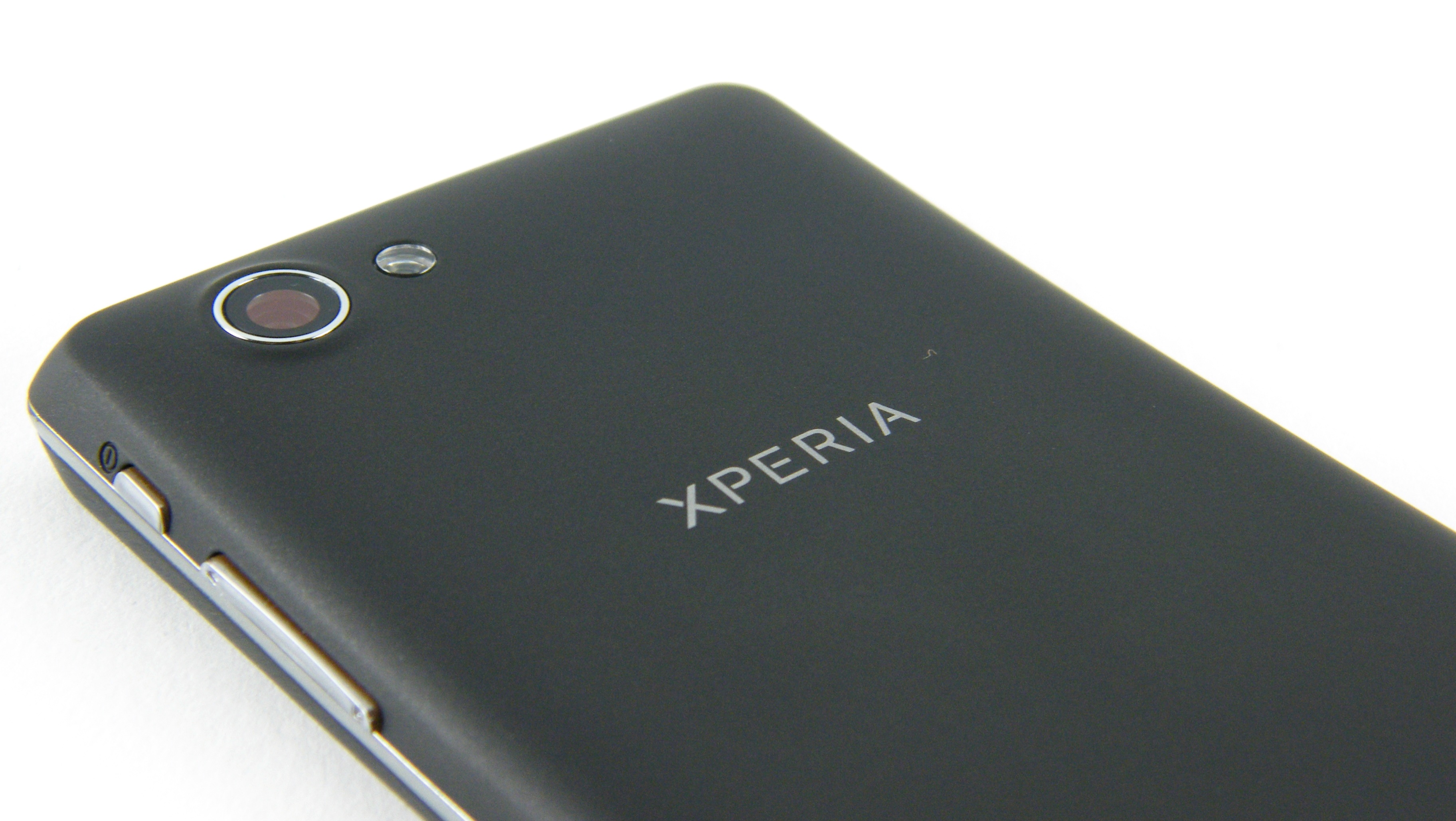
Hit the power/lock key and a ambient light will radiate out from the silver strip of bezel on the base of the Xperia J – these lighting touches are popular with Sony (and previously Sony Ericsson), and we can trace them all the way back to the w850i with its pulsating orange menu button.
The Sony Xperia J is an attractive, solid and well appointed handset set at a reasonable price which is sure to tempt some.

TechRadar's former Global Managing Editor, John has been a technology journalist for more than a decade, and over the years has built up a vast knowledge of the tech industry. He’s interviewed CEOs from some of the world’s biggest tech firms, visited their HQs, and appeared on live TV and radio, including Sky News, BBC News, BBC World News, Al Jazeera, LBC, and BBC Radio 4.
